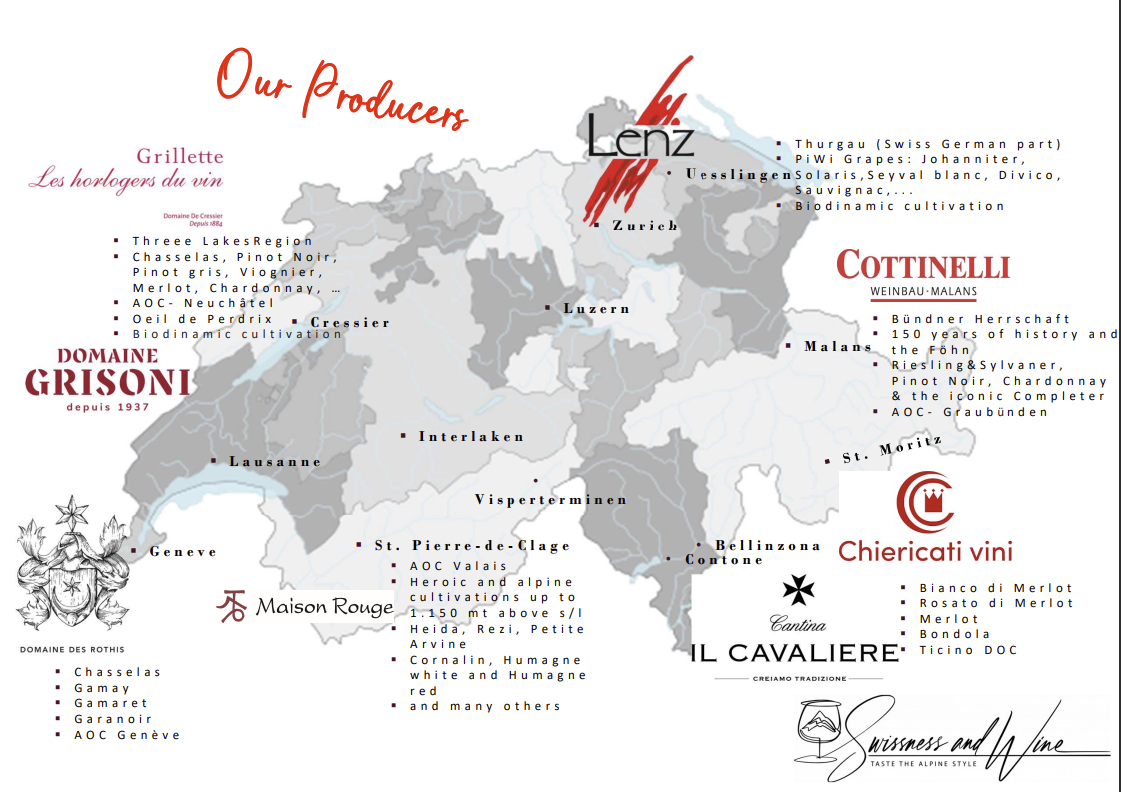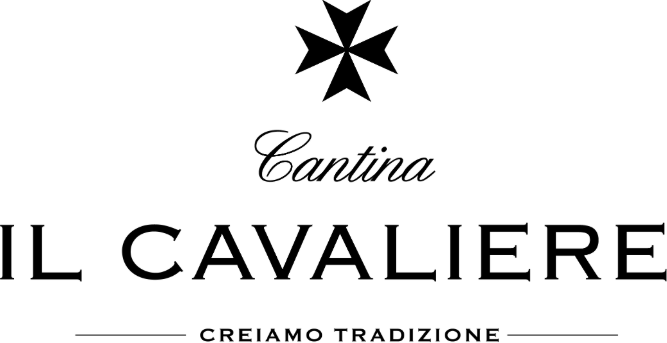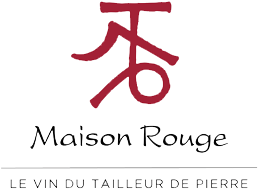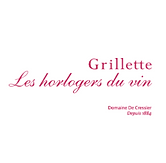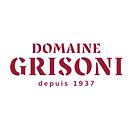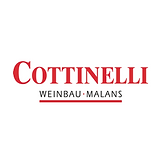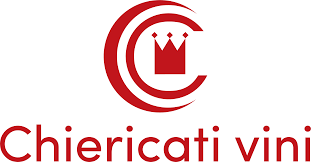What is Swissness?
Swissness is not just a label — it's a way of crafting, living, and respecting.
It stands for quiet excellence: artisanal quality, harmony with nature, innovation rooted in tradition, and the deep trust that comes with transparency. In wine, these values become tangible. They take the shape of rare, soulful bottles — the result of patience, precision, and passion — grown in some of the world’s most pristine and breathtaking alpine landscapes. From the stone terraces of Lavaux to the sun-kissed slopes of Ticino, from the crisp mountain air of Valais to the gentle hills of Neuchâtel and the Rhone Valley in Graubunden — each region tells a story.
A story of place, of people, and of wines that are as subtle and refined as the landscapes they come from.

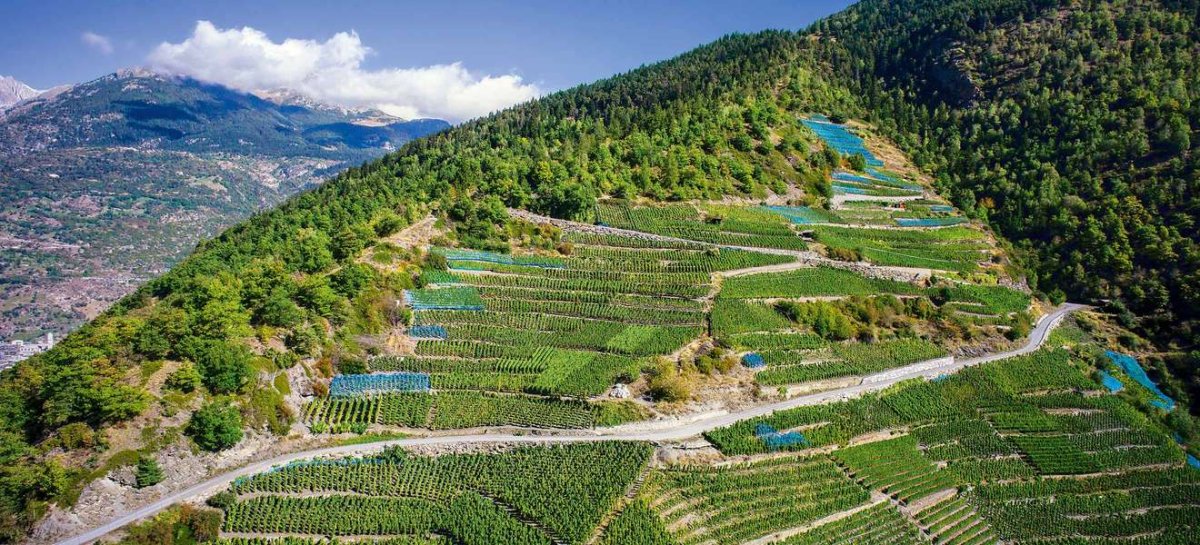
History of the Swiss vineyards
A journey through time across alpine terroirs
A Hidden Legacy of Alpine Terroir In the heart of Europe, nestled between snow-capped peaks and pristine lakes, lies a viticultural heritage as ancient as it is unknown. Switzerland – often admired for its watches, chocolate, and diplomacy – guards a secret: a wine tradition that stretches back over two millennia, rich in history, soul, and identity.
The Roots of Time
The Celts were already tending vines in what is now Swiss territory. When the Romans arrived, they didn't just bring roads and laws – they brought wine culture. They built terraces, pressed grapes, stored wine in amphorae, and laid the foundations for a tradition that would outlive empires. From the gentle slopes of Lake Geneva to the sun-drenched valleys of Valais, the vine found a home – one shaped by altitude, geology, and human perseverance.
The Middle Ages: Vines and Devotion
In medieval Switzerland, wine was not simply a drink – it was a sacred craft. Monks in quiet monasteries cultivated vines with monastic discipline and deep reverence for the land. They chronicled vintages, experimented with grape varieties, and passed down viticultural wisdom like sacred texts. Wine became woven into the spiritual and social fabric of the country. It was present in liturgies, harvest feasts, and daily life – a symbol of continuity in an uncertain world.
The Renaissance of Terroirs
As the centuries passed, viticulture expanded and evolved. The Renaissance brought refinement to winemaking techniques, while regional identities began to form. From the elegant whites of Vaud to the structured reds of Ticino, Swiss wine grew in diversity and character. But nature, as always, had its say. The 19th century phylloxera plague devastated vineyards across the country. Yet Switzerland, stubborn and resilient, replanted. It chose quality over quantity. And in doing so, it preserved something even more valuable than yield: authenticity.
A Treasury of Native Grapes
What truly sets Switzerland apart is its extraordinary heritage of indigenous grape varieties – a living link to the past. In Valais, the mineral tension of Petite Arvine, the noble wildness of Cornalin, the spicy mystery of Humagne Rouge. In Graubünden, the ancient Completer, nearly lost, now reborn. In Ticino, the expressive Bondola, rustic yet refined. Over 250 varieties grow in Switzerland – many of them found nowhere else on Earth. They are more than grapes: they are memory, language, landscape. They speak of glaciers and stone walls, of generations who listened to the rhythms of the land.
Heritage Preserved in Landscape
Perhaps nowhere is this heritage more visible than in the terraced vineyards of Lavaux, a UNESCO World Heritage Site. Built by monks over 800 years ago, these stone-walled terraces cling to the hills above Lake Geneva like pages in a living book. Each wall, each row of vines, tells a story of labor, love, and legacy. In these landscapes, tradition and innovation walk hand in hand. Winemakers today embrace modern techniques, but remain faithful to the soul of their land.
A Well-Kept Secret
And yet, this treasure remains largely hidden from the world. Over 98% of Swiss wine is enjoyed within its own borders, cherished by those who understand its origin. For the outside world, it is an undiscovered gem – often mistaken for nonexistence. But that is changing. Sommeliers, collectors, and wine lovers around the globe are beginning to discover the quiet magic of Swiss wines – their elegance, their honesty, their unmistakable sense of place.
Swiss wine is not made for the masses. It is not built on volume or trends. It is crafted in small quantities, in steep vineyards, by hands that know every stone and every vine. It is a legacy whispered by the Alps, aged by centuries, and offered to those who seek authenticity over noise. To taste a Swiss wine is to drink history – and to discover one of the last great secrets of European viticulture.


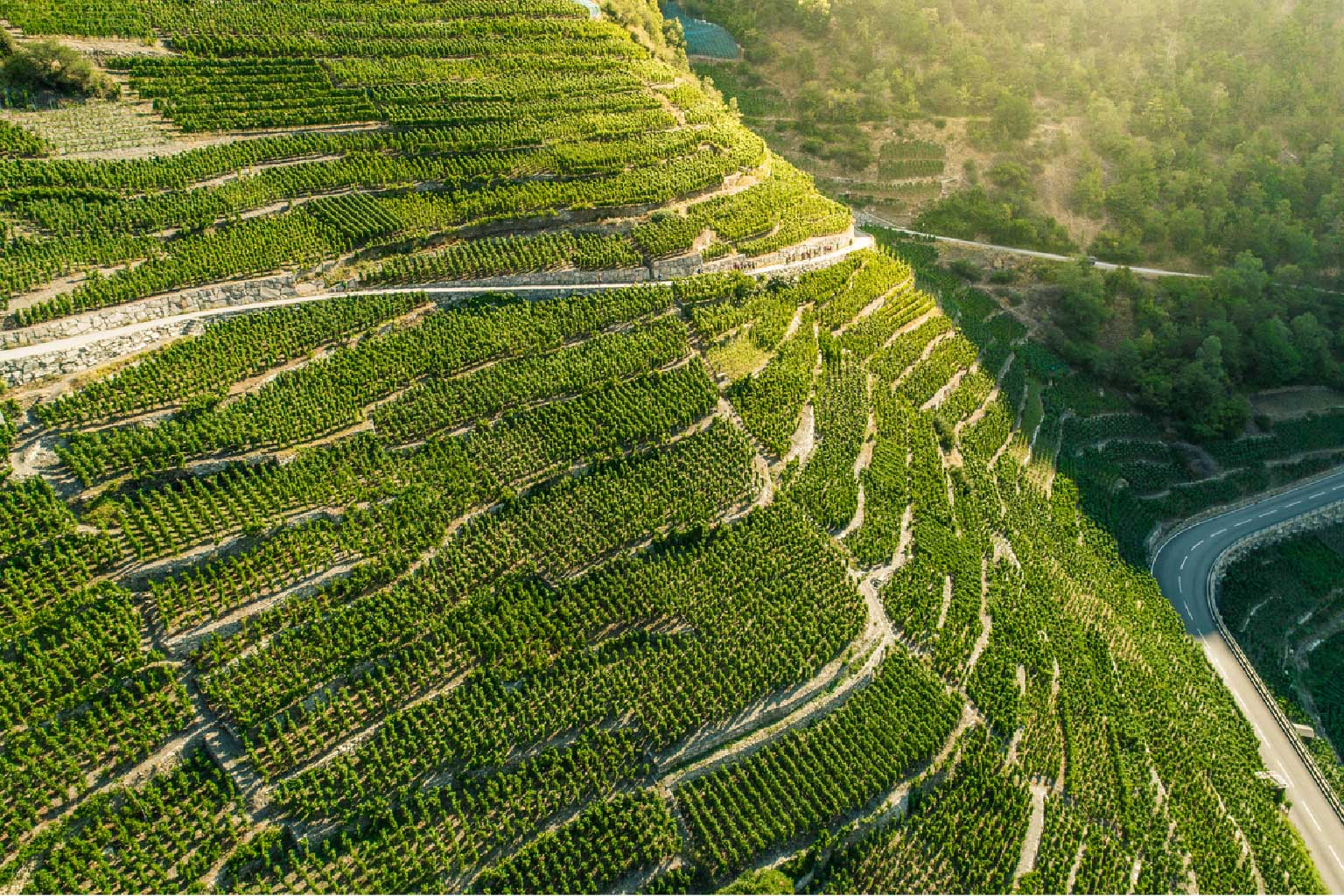
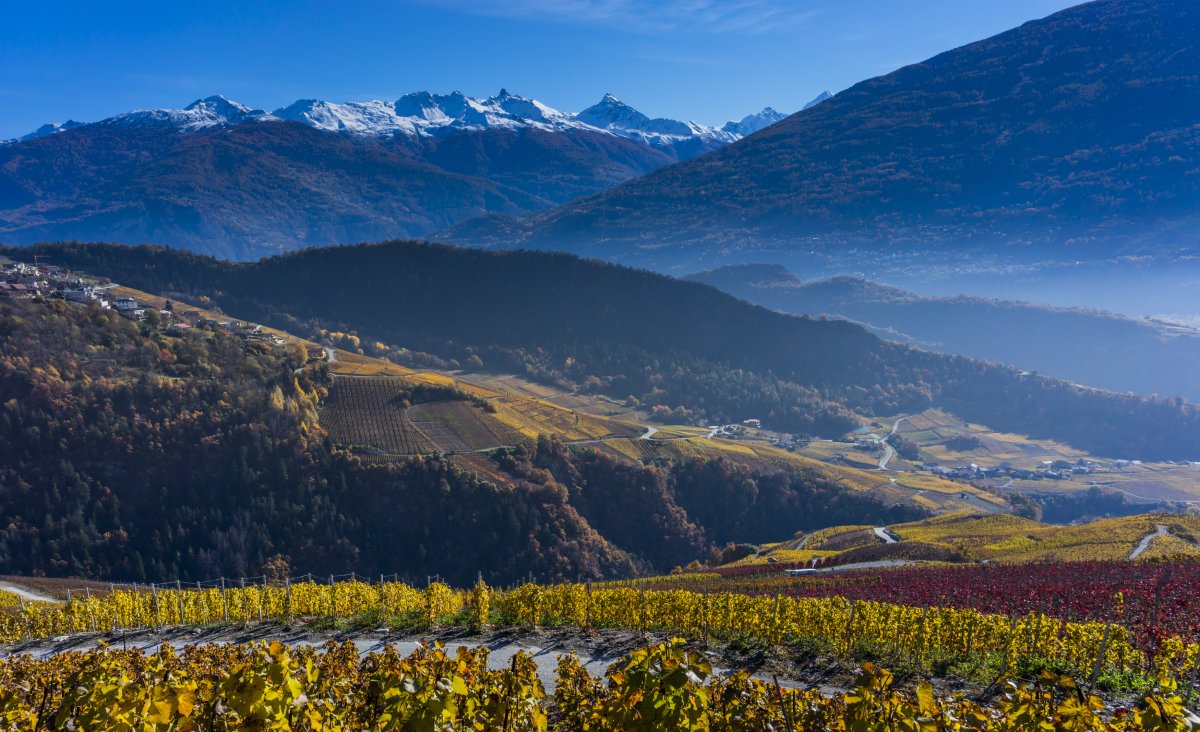

Our wineries
We are partners with innovative Swiss wineries. We fall in love with the silent gestures between the rows of vines, the time that passes slowly in the cellar, the passion that is breathed where the wine comes to life. We look for producers who tell, with every sip, the voice of a land, of a valley, of a story handed down.
We carefully select wineries, favouring craftsmanship, identity, respect for roots. We love indigenous grape varieties, but we do not close ourselves off: we seek the soul, not the label. We build a harmonious portfolio, because we believe that each voice must have its own space to be heard.
We want the true richness of Swiss wine to emerge: its surprising heterogeneity, its nuances, its character.
Behind every choice, there is an emotion.
And behind every emotion, a story to be told.
Swiss Wine Excellence
Who we are
We are the Swiss Wine Ambassadors. The project was born in 2022 from an idea of Roberto Prandi, a former inspector of the Swiss Wine Trade Control after realising the needs of operators in his home market.
Swissness and Wine is a group of Swiss wineries that have decided to tackle together all the problems related to exporting wines to more global markets with a more professional, innovative approach.
Our collective approach provides quantities that can offer everyone the pleasure of tasting wines that are almost unknown worldwide.
The strength of the project are the people of the individual wineries that make it up, their experience and their vision.
Discover Our Vision
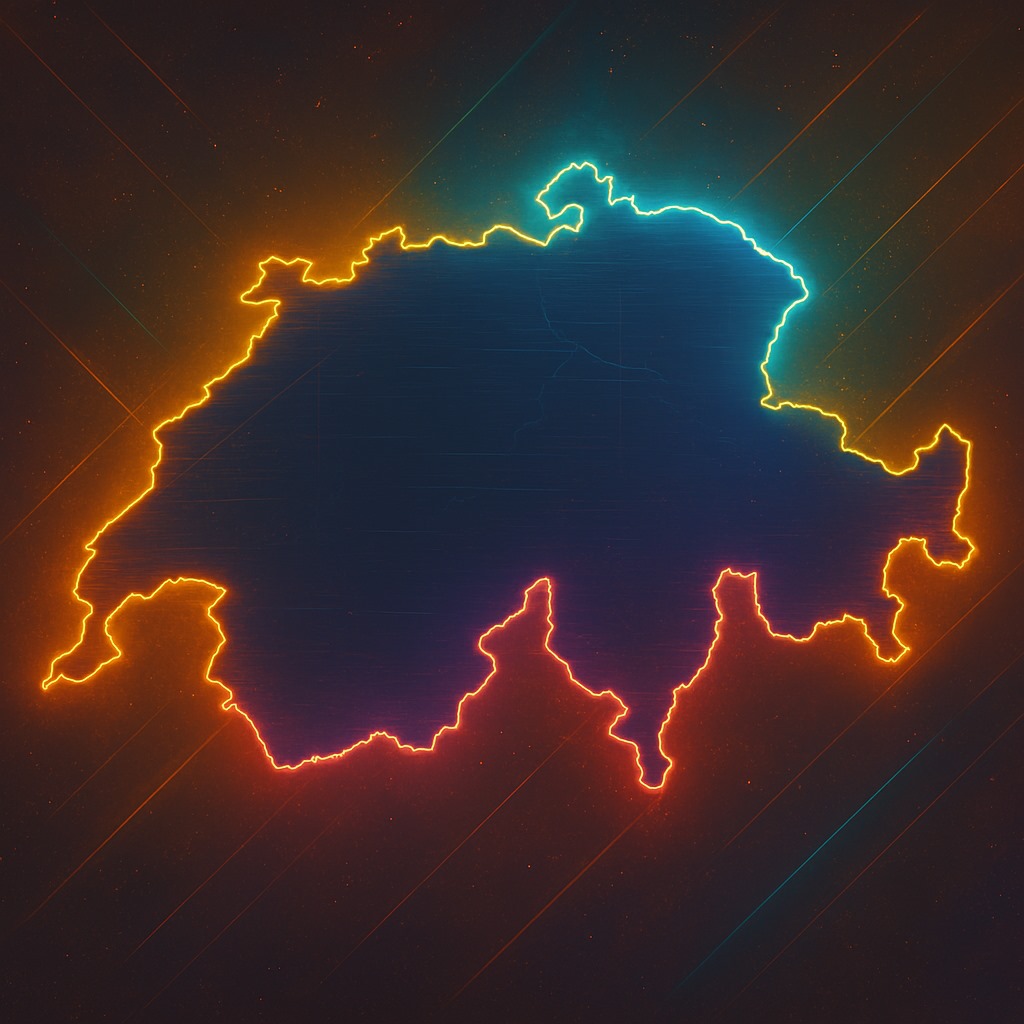
Become Our Partner
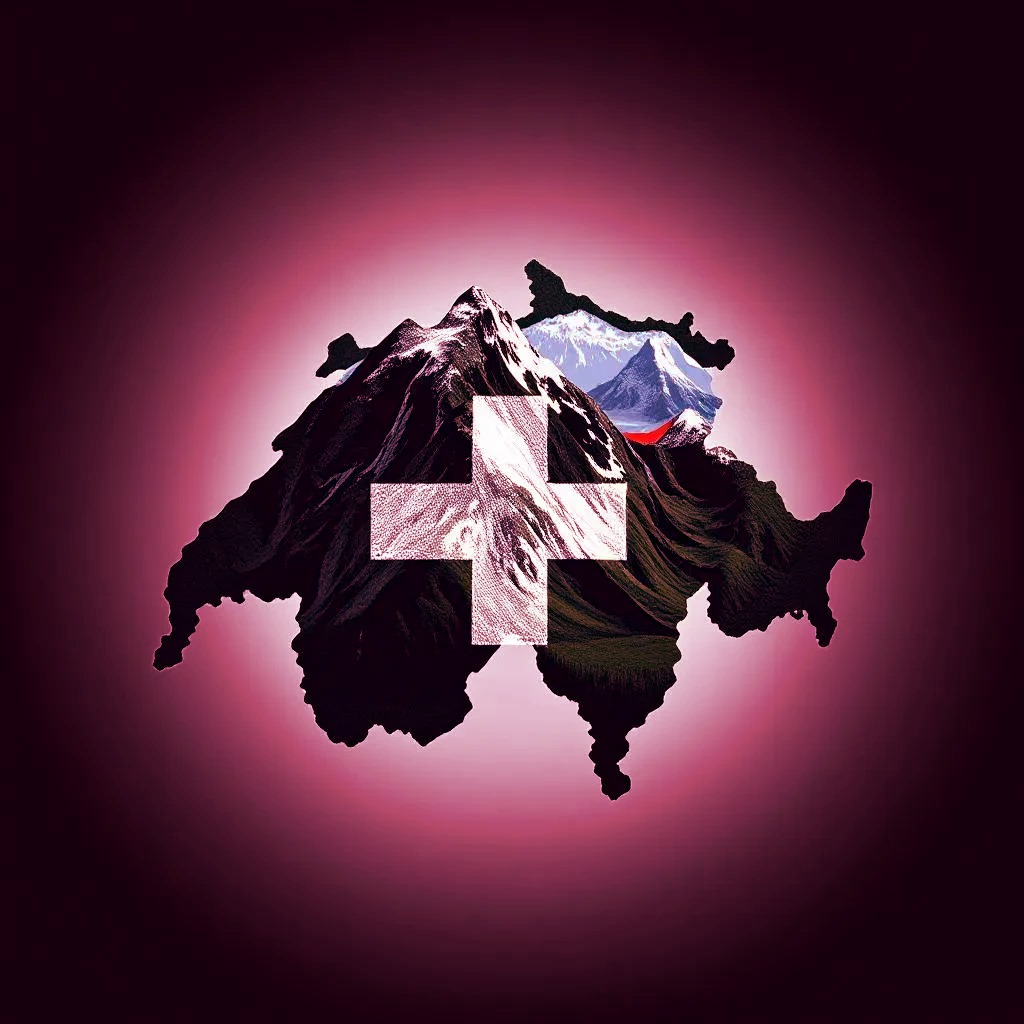
Explore Our Solutions






